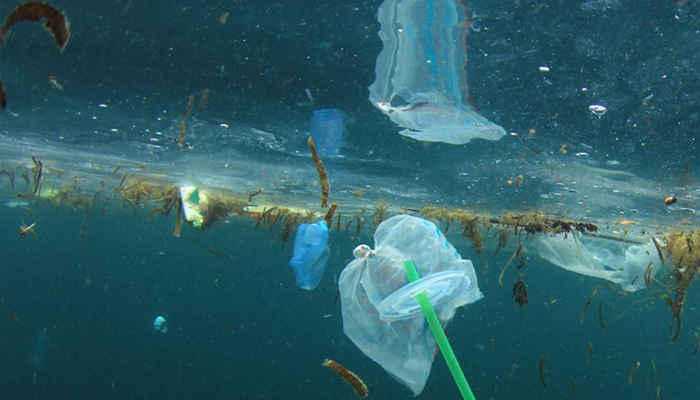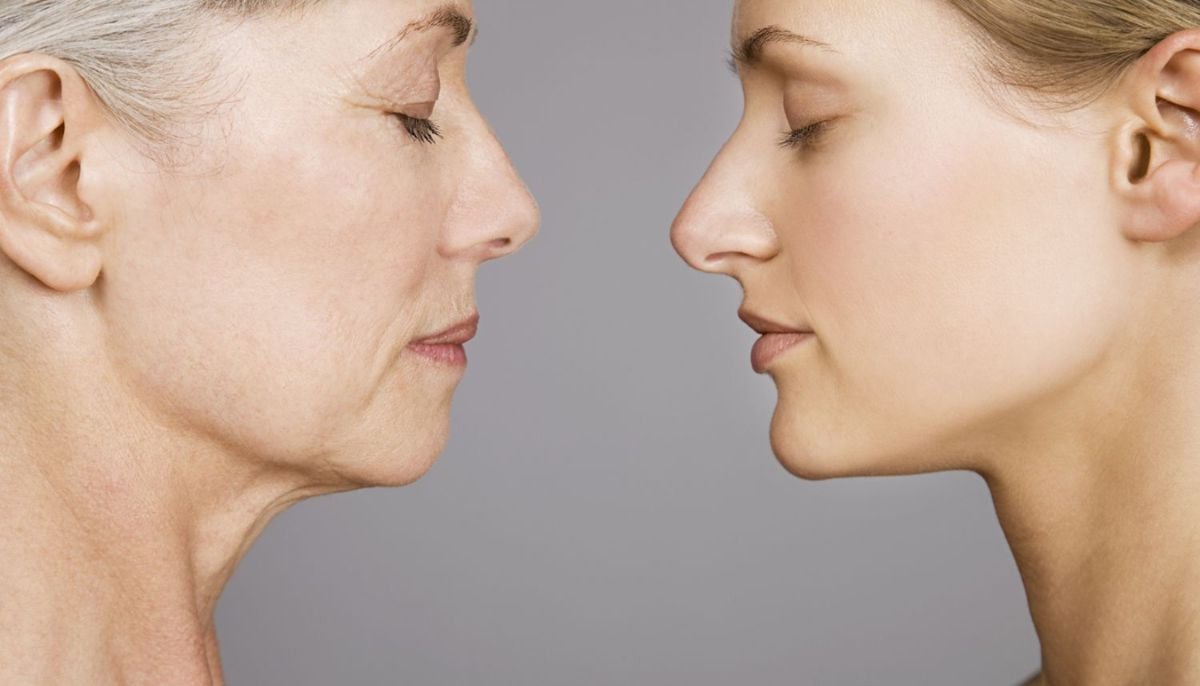EU countries need to adopt policies to boost recycling: report
EU produced 30 million tonnes of plastic waste in 2015, only 17 percent was collected for recycling
COPENHAGEN: Countries in the European Union (EU) needed to adopt policies to boost recycling to help tackle growing waste, particularly from plastic and electronics, according to two reports by the European Environment Agency (EEA) published Monday.
"The EU must find circular and climate-friendly ways of managing its plastic waste eg by increasing reuse and recycling," the EEA said in a statement.
The European body, headquartered in Copenhagen, said the EU produced 30 million tonnes of plastic waste in 2015, of which only 17 percent was collected for recycling.
Conversely in 2017, demand for plastic in the 28 EU countries, Switzerland and Norway, amounted to 51 million tonnes — mainly for use in packaging and construction.
Also read: Johnson pushes for poll as EU prepares Brexit delay
Annual global plastic production is also expected to double by 2035, and almost quadruple by 2050, and European countries lack the capacity to manage the growing amount of plastic waste in sustainable ways, one of the reports concluded.
"Poor management of plastic waste has negative environmental and climate effects, such as deposits of plastic and micro-plastics appearing on land and in rivers and oceans worldwide," the agency stated.
In early 2019, the EU exported 150,000 tonnes of plastic waste every month, since European countries typically don´t sort and recycle enough of this waste.
The figure was twice as high in 2016, when exports went mainly to China and Hong Kong, but restrictions on waste import has lead to a decrease and a shift of exports to other Asian countries with less strict regulations.
When is comes to electronics, of 10.3 million tonnes of waste produced in 2015, 40 percent was collected, the agency said.
Many electronic products include hazardous materials and chemicals that pose risk to both health and the environment.
The EEA also noted that "high-quality recycling" can help to limit the impact on climate, citing a 2016 Norwegian study that found that the recycling of a single mobile phone saved the equivalent of one kilogram of CO2 emissions.
-
Lewis Capaldi details 'impact of Tourette' on his career
-
Christina Applegate struggles to leave bed amid multiple sclerosis battle
-
Demi Lovato bravely admits she is ‘not ashamed’ of having bipolar disorder
-
Can humans reverse aging? Harvard scientist predict revolutionary breakthrough
-
How Liam Payne’s death impacted awareness about mental health
-
Taylor Swift expresses how negative body comments triggered her
-
Lady Gaga details how eating disorder affected her career: 'I had to stop'
-
Celebrities who struggle with infertility












